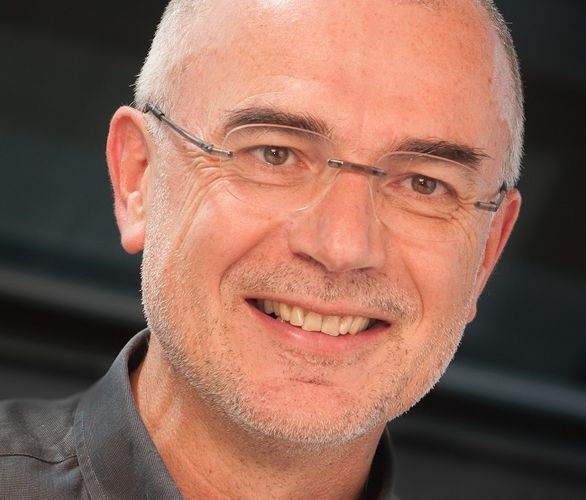The Institute of Polymeric Materials and Testing at the JKU is spearheading the circPLAST-mr project which focuses on mechanically recycling polymers and plastics.

A total of 25 renowned partners from the business community, industry, and from academia are coming together to streamline the recycling process and reduce – or perhaps ultimately eliminate - plastic waste in our environment. The new project has a research budget of € 6.2 million with additional funding of € 4 million provided by the Climate Ministry and is scheduled to run to March of 2026.
Plastic waste has no place in our oceans or anywhere else in the environment for that matter. However, not all types of plastics are the same. Separating plastic waste properly is crucial, especially in an effort to better recycle plastic waste. Austria generates over 920,000 tons of plastic waste annually and proper separation would significantly reduce the environmental strain. The recycling rate in Austria however, is just currently 26%. This is a call for action as the EU strategy in regard to plastics is an ambitious target of a 55% recycling rate by 2030.
Under the leadership of the Institute for Polymeric Materials and Testing at the JKU, a research project titled circPLAST-mr will now focus addressing this increasingly important challenge. For the first time in Austria, 25 partners from the business community, industry, and academia will come together to increase the share of recyclable plastics and improve the closed loop system for plastics, starting with production, to the consumer, and ultimately to the recycling system.
Professor Reinhold Lang heads the JKU Institute of Polymeric Materials and Testing and is also the project leader for circPLAST-mr. He remarked: "The Ministry of Climate Change (BMK) has approved funding for the lead project circPLAST-mr and in terms of project volume and design – but also in terms of the partner structure - we have successfully created a project that is exemplary in Europe. We are very much looking forward to countless joint opportunities, and when it comes to academic and scientific work, this particular research project will also give our students tremendous opportunities."
One of the project’s special features is the partner structure mentioned by Prof. Lang. The partner structure covers the entire knowledge and value-added chain in support of mechanically recycling plastics. 25 partners from the business community, industry, and academia possess the expertise, understanding, and skills needed in the fields of materials sciences and technology, process technology, measurement and sensor technology, digitalization, and eco-efficiency-based process design, resulting in an impressive interdisciplinary approach.
JKU Rector Meinhard Lukas added: "A circular economy is one of the most important issues of our time and I am extremely delighted that the JKU is once again at the forefront of plastics and polymers. However, reducing plastic waste requires many perspectives. In this regard and in addition to materials and process technology, this lead project will also include forward-looking technologies, such as AI and data science. By pooling our skills, expertise and capabilities in various disciplines, we can successfully and more effectively address the area of mechanical recycling."
See: jku.at/mechanisches-recycling, opens an external URL in a new window for detailed information.








